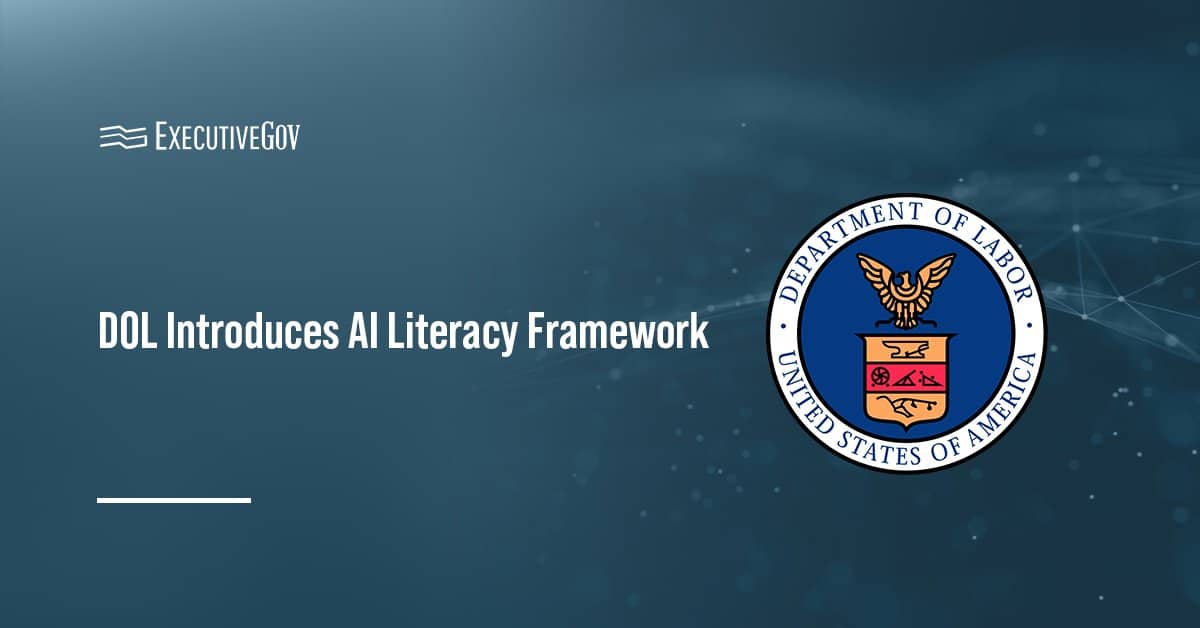 Sen. Dianne Feinstein (D-California) has introduced a bill that will clarify directives the secretary of the Department of Homeland Security can implement for the protection of federal computer systems.
Sen. Dianne Feinstein (D-California) has introduced a bill that will clarify directives the secretary of the Department of Homeland Security can implement for the protection of federal computer systems.The Federal Network Protection Act allows the DHS secretary to issue Binding Operational Directives for the removal of compromised systems on federal networks without a prior notice to the software company, a press release from the senator’s office stated Tuesday.
The new bill draws from the Federal Information Security Modernization Act‘s two previous versions that were passed in 2002 and 2014 that provides authorization for the DHS secretary to discard undermined programs from computer systems.
Cyber attacks on federal computer platforms have expanded from 5,500 in 2006 to over 77,000 in 2015, the Government Accountability Office has reported.





